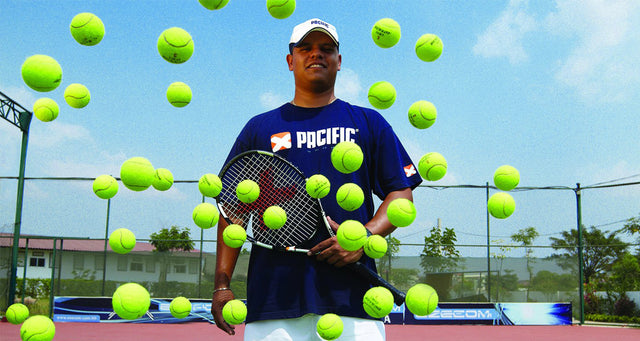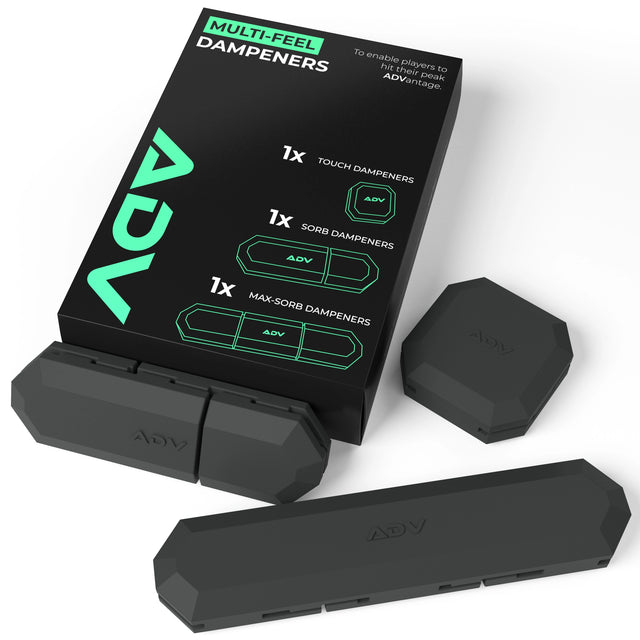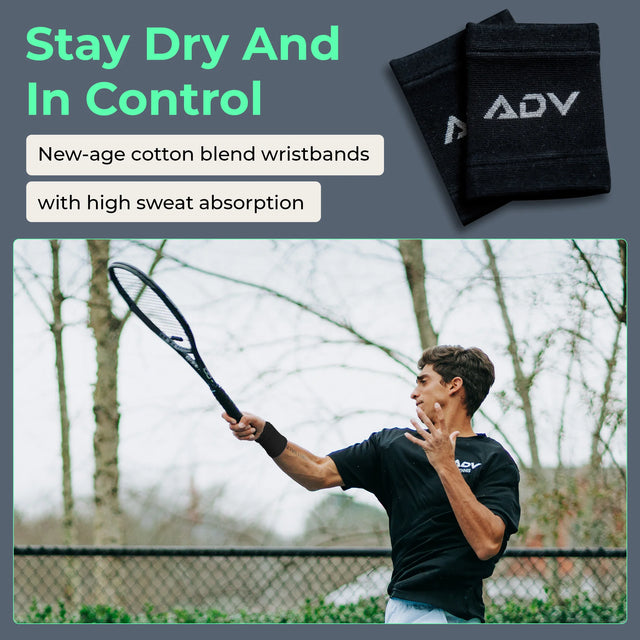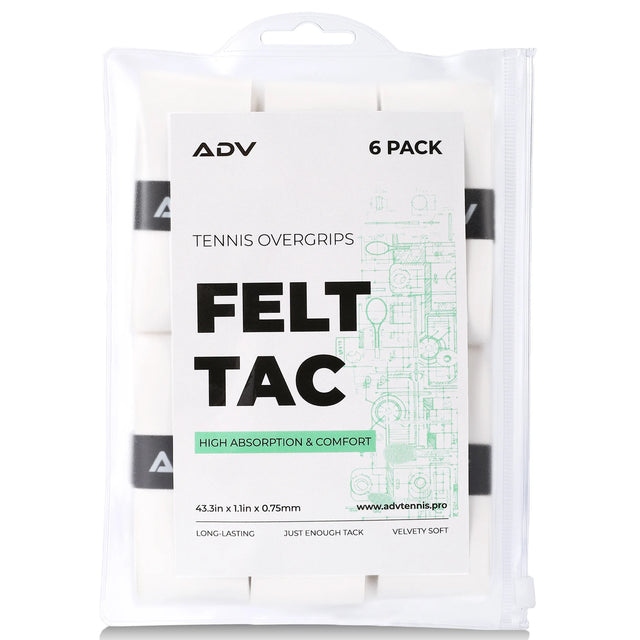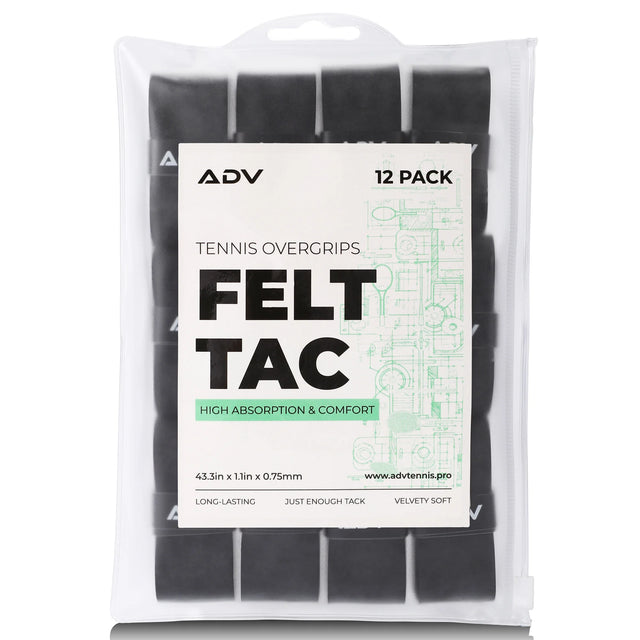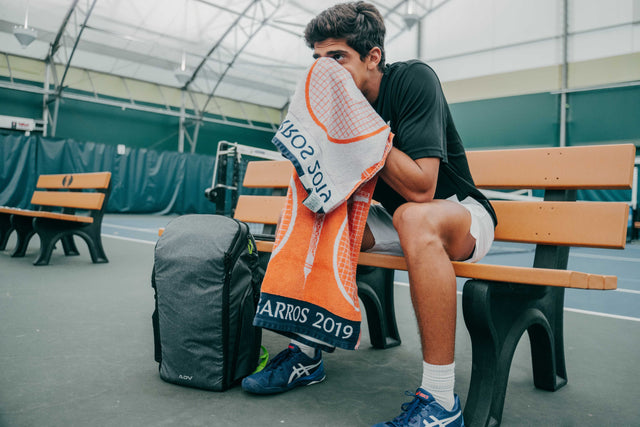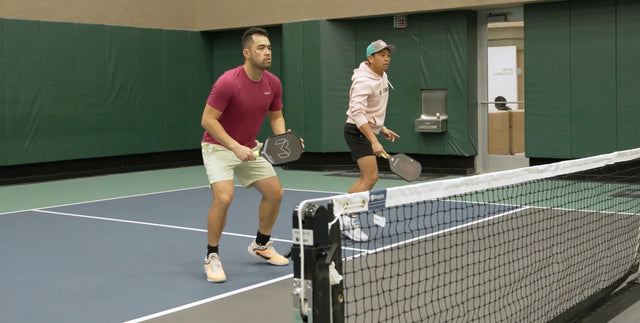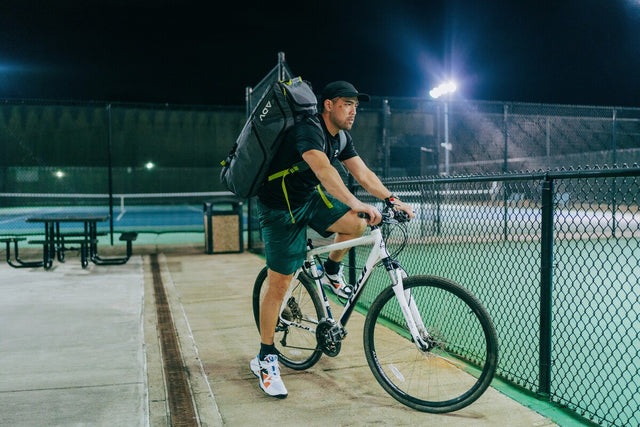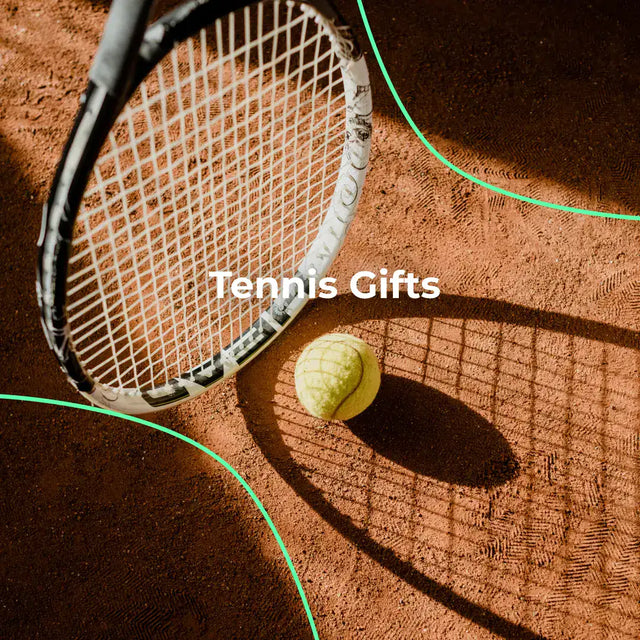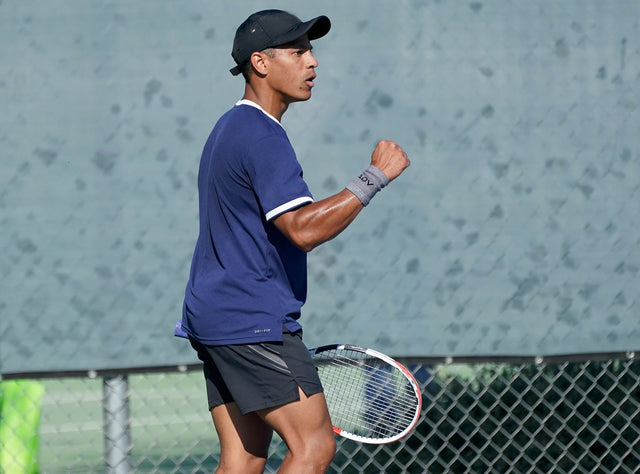Interview with ATP Coach Braen Aneiros
--
How's life in Cambodia and how long have you been there? Can you share a bit about how you arrived there?
I have been based in Cambodia for almost 11 years. Life in Cambodia is very nice in some ways and very challenging at the same time in other ways. Challenging because it’s a very different culture when it comes to sports, but thankfully I have been able to adapt and accept the differences.
I got to Cambodia in September of 2009. I was working in Thailand for about a year with the South East Asian Tennis Federation (SEATF) and in July of 2009 I met through one of my mentors Robert Davis, the Secretary General of Tennis Cambodia, Mr. Rithivit Tep (Rithi). He was looking at the time for a Technical Director and also a National Coach who could still play and workout with the National Team players. I thought that it was a good opportunity for me to get that type of experience working with a National Association, so I accepted the challenge right away.
How have you seen tennis grow in Cambodia over the years?
When I first got here in 2009, there was very little competition and the players were only from Phnom Penh or from abroad. Thanks to the efforts of many people, especially Rithi, right now there's tennis in six provinces and many kids playing at public schools, private schools and orphanages. All the programs are run by Tennis Cambodia.
Also there are four ITF junior tournaments being held in Cambodia every year where the local juniors have a chance to show their skills against players from all over Asia and even Europe.
We also participate in Davis Cup since 2012 and are suppose to start playing Fed Cup this year. So I think the growth have been amazing in the past 10 years.

What was your most exciting moment coaching on tour?
For me as a coach, the most exciting and satisfying part of coaching, at any level is to see when your player is improving in something that we have been working on. I always try not to get to caught up with results. I tried to make my players improve and that is more exciting than just focusing on the results.
Of course there are nice memories that will always be with me due to some results, for example when Yuichi Sugita qualified for Wimbledon for the first time, it was a great emotion and satisfaction because I knew that it meant a lot to him and of course for me as well.
How was life on the tour before COVID-19? Were you traveling a lot?
I think that just like any other job, nobody expected the pandemic It has obviously changed the life for many people on the tour, not only for players and coaches, but also to tournaments organizers and staff as well as umpires and ATP and WTA staff.
Yes, being a tour coach, I'm constantly on the move. I was traveling at least 25 to 30 weeks per year for the past 8 years.
How have things changed on tour due to COVID-19? What's the hardest part? What do you miss the most?
I am not sure yet how things will turn out on the Tour, we will have to wait until late August or September when things tournaments might open again. But for sure it has affected many people as I mentioned before.
I think the hardest part for everyone involved has been the financial part. Tennis players, tennis coaches, umpires and many other people involved with competitive tennis make a living week by week, so obviously this has been a tough situation.
I really miss competition, I have been able to train for the past three months with Cambodian players, but it’s the competition that drives this sport and I really miss it.

Do you see things permanently changing on tour because of COVID-19?
I believe that it will change a lot at least for the next 12 months because of the traveling restrictions that each country will have. I hope I am wrong, but it won’t be easy to have a normal tour when people have to be in quarantine for 14 days upon arrival to a country. I also believe that it will probably have a big impact on some of the doubles players that have an advanced age and this situation might put a stop to their playing days unfortunately.
Can you share your coaching principles and methodology? How do you pinpoint problems and what's your approach to improvement?
I think that it’s very important to be honest with players and get on the same page as soon as possible so both the player and coach can work towards the same goals. I think from there you can start looking at different aspects of the game and see which areas I can make an impact on the player's development. It could be something technical, mental, tactical, etc.
There are two ways for me to identify problems, the first one is during practice, sometimes as a coach I am able to see if there is a technical problem or a footwork problem that we can work on. The second way is during matches. In competition, I try to see what type of decisions the players are making, especially on important points and under pressure. So this is something very important for me to analyze with high performance players especially.

Do you have a favorite tennis drill? What about the most helpful drill or tip for a competitive player?
I do a few drills with all my players to have them understanding the importance of shot selection. Basically, I want my players to be able to cut the amount of errors that they make in matches and having good shot selection will help tremendously.
The main drill that I would recommend to some of the players that are making too many mistakes is to try to think to hit the ball across their body as much as possible so they can hit lower risk shots and improve their consistency. Obviously this is just a base that it works for me and my players and can start from there to get into more difficult shots after they can control this basic shots.
Any advice you'd give tennis coaches who are looking to get to the next level?
Again, it's about being honest with the players that you are working with and always be ready to learn more. We can always continue educating ourselves and improving our coaching skills.
What does tennis mean to you?
Everything! Tennis has given me the opportunity to go around the world and meet wonderful people along the way. It has giving me a life style doing what I loved to do since I was a little kid. So I feel really blessed.

🎾 Braen Aneiros interviewed by Lavie Sak

